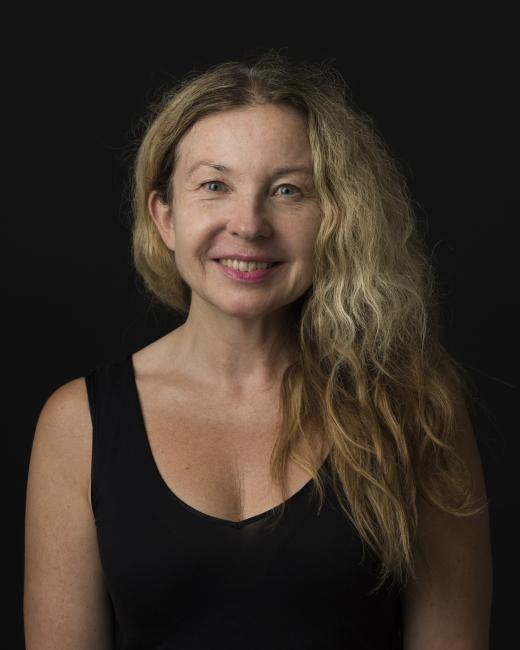Maria Tillfors, Professor of Psychology
Maria Tillfors, who hails from Gothenburg, wanted to be a doctor or psychologist. She studied psychology in Uppsala from 1991 to 1996 and continued directly with her doctoral studies at the same university, which she finished in 2001. After obtaining her PhD, Maria worked at Örebro University.

Maria Tillfors concentrates on clinical research, that is, studying mental problems as obstacles in a person’s everyday life. Mental illness has increased during recent decades, particularly among women aged 16–24. Which mechanisms cause this? Maria Tillfors is part of the research group CHAMP (Center for Health and Medical Psychology) at Örebro University. Together with researchers in developmental psychology at Örebro University they received substantial research funding in 2012 from Vinnova: Sweden’s innovation agency, the Swedish Research Council, Forte: The Swedish Research Council for Health, Working Life and Welfare, and Formas: the Swedish Research Council for Sustainable Development to investigate the risk and protective factors in relation to youth mental illness.
“In the project, known as the three-city study, which started in 2012, we investigate problems transdiagnostically, that is, we take an approach to diagnosis that may explain the origins of several different mental problems. Starting in the spring semester of 2014, we have followed 3000 teenagers in Grades 7–8 from Karlskoga, Örebro and Köping for three years. The fourth data collection took place in the spring semester of 2017. We want to investigate how these teenagers manage the emotions and thoughts caused by everyday stress. The study also includes preventative measures for sleeping problems and stress, and continues until 2018.”
Maria Tillfors is working on several other projects in different constellations and partnerships.
“I am also interested in, and working on, examining mechanisms that can explain the comorbidity of different mental problems, such as anxiety, depression and sleeping disorder. I am further interested in the comorbidity of mental and physical problems, like anxiety and chronic pain.”
Maria Tillfors thinks her work is very relevant: how can we help those suffering from mental illness, both preventatively and through psychological treatment?
“I am passionate about my research and the opportunity to contribute a small piece to the puzzle that develops research in my area. Developing knowledge is central – in teaching and in society, but also for the affected people. One has to find joy in what one does and there has to be a creative, open environment – then the good ideas come.”
Maria Tillfors has many sources of joy privately too. Two cats, a partner and his children, exercise, books, travelling and the ocean.

